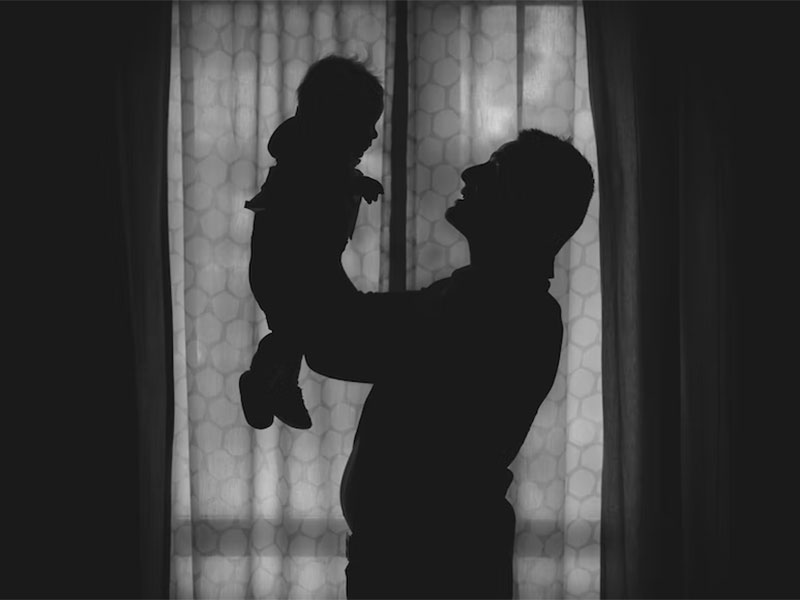Happy New Year! With 2022 in the rear view mirror, it’s time to crack open a shiny, new calendar and think “new beginnings.” It’s time for a fresh start, maybe even a “do-over.”
Collaborating with birth parents, adoptive and foster families, government agencies, and community service providers, Agape Family Services is committed to positive outcomes for children and families.
One important way Agape does this is by supporting birth parents whose children are in foster care. In addition to providing supervised visitation services in families’ homes and in the community, we encourage birth families to practice parenting techniques that promote family reunification.
Specifically, Agape Family Services offers case aides, parent aides, and life coaching services to help families identify strategies for safety and success. Last year, 194 children and 100 adult clients were served through our Parent Aide program, while 37 placement families received support.
Trust Based Relationship Intervention
Agape’s Trust Based Relationship Intervention (TRBI) specialists provide specialized training and support for families parenting children with histories of abuse, trauma, and neglect. Our goal is to provide parents with the tools they need to protect children so children can either remain in or return to the care of their parents—and the likelihood of repeated reports of abuse or neglect is reduced or eliminated.
The three main “pillars” included in any strong TRBI program designed to treat complex trauma are the development of safety, promotion of healing relationships, and the teaching of self-management and coping skills.
And these pillars parallel the three principles of TBRI:
- Empowerment: attention to physical needs
- Connection: attention to attachment needs
- Correction: attention to behavioral needs.
Our team of skilled professionals understand that mastering these principles help both caregivers and children learn healthy ways of interacting so both can participate in the healing process. So they coach parents and caregivers on these practical steps.
Empowerment Principles
Addressing a child’s physical needs includes
- Providing a safe and structured environment—to minimize chronic fear and create a predictable environment
- Ensuring smooth transitions—daily ones, major life changes, and development milestones
- Tuning in to sensory needs—food textures, pressure, sensory defensiveness
- Monitoring nutrition—healthy foods, stabilizing blood sugar (nutritious snacks every two hours), hydration
- Providing adequate sleep, physical activity
Connecting Principles
These principles, closely resembling behavioral connections between a mother and her newborn infant, include sustained eye contact, affectionate touch, and consistently high levels of attention to needs. This tender meeting of needs becomes the foundation on which the developing child will learn to regulate their own needs and emotions.
- Observational awareness—recognizing signs of stress and anxiety, including nonverbal markers like pupil dilation, heart rate, depth of respiration, and muscle tension. Also nonverbal cues of fight, flight, or freeze.
- Self-awareness—sensitizing caregivers to be aware of their own emotional state, attachment style, and emotional availability.
- Attachment skills—giving care, seeking care, feeling comfortable with an autonomous self, and negotiation. Includes offering opportunities to “give voice,” requesting a compromise.
- Playful engagement—playful interactions that naturally develop attachment, socialization, and language. It disarms fear, promotes attachment, and build social competence.
- Attunement—the capacity to “bring into harmony” or “to make aware or responsible.” This type of harmony can be achieved through matching behaviors, eye contact, voice inflection, body position, and safe touch. Also includes behavioral state matching.
Correcting Principles
- Self-regulatory skills—using fidgets, deep breathing, and other self-calming strategies
- Learning, applying cognitive behavioral therapy skills
- Mastering proactive behavioral strategies, designed as preventative teaching measures—verbal reminders, behavioral rehearsals, role play with puppets, demonstrations of rule-following, urging child to “use your words.”
- Using responsive behavior strategies to address challenging behaviors:
- Level 1: Playful engagement—friendly questing, provide chance for re-do
- Level 2: Structured engagement—offer choices
- Level 3: Calming engagement—provide a “time-in” or quiet place for self-regulation
- Level 4: Protective engagement—to prevent violence or harm to child or someone else, contain violence while remaining calm and reassuring
If you are not already tuned in to Agape’s Family Preservation Services, it’s time to explore them. What a great way to start the new year!














